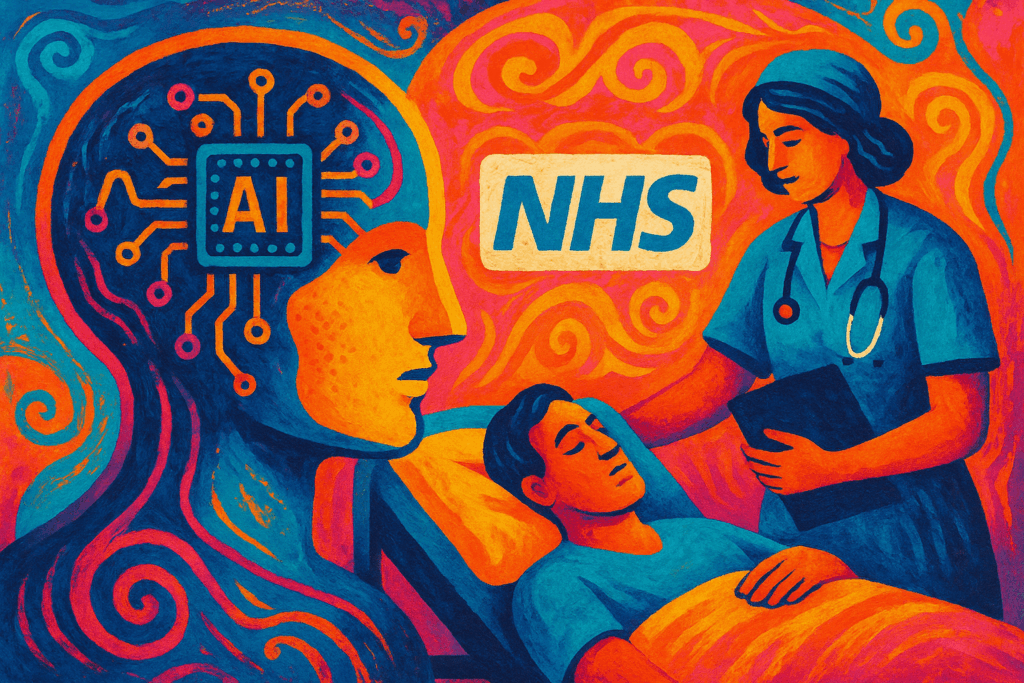AI Delivers Real-World Efficiency Gains
AI tools are proving to be effective in reducing the administrative workload in healthcare environments. Recent NHS trials with Microsoft 365 Copilot have demonstrated up to 30% time savings on routine tasks. By automating functions such as drafting clinical notes, summarizing patient information, and updating electronic health records, AI enables healthcare staff to allocate more time to direct patient care. This reduction in administrative burden addresses one of the healthcare sector’s persistent pressures.
Transforming Patient Care and Clinician Focus
In clinical settings, AI adoption is already reshaping workflows. Technologies like Dragon Copilot use ambient voice recognition to convert consultations into structured medical notes, minimizing manual documentation. Moreover, multi-agent AI systems are beginning to synthesize diverse clinical data, supporting more informed diagnostic and treatment decisions. These advancements improve clinicians’ capacity to focus on patient interaction and enhance overall care quality.
Expanding AI’s Reach in Health
Beyond clinical and administrative tasks, AI’s role extends into drug discovery and population-level health analytics. Generative AI models accelerate the design of potential therapeutic molecules, speeding up drug development pipelines. Additionally, AI-driven analytics provide insights into population health trends, enabling targeted prevention strategies and resource allocation. These applications contribute to innovation and long-term health system resilience.
Responsible AI Adoption: The Future of Health
As AI adoption in healthcare grows, responsible implementation becomes essential. Strong governance and collaboration among healthcare leaders, technologists, and policymakers are critical to maximize benefits while managing ethical and operational risks. With thoughtful deployment, AI holds the promise of addressing workforce shortages, reducing clinician burnout, and returning valuable time to frontline caregivers. This supports a sustainable future where quality care is accessible and efficient.




